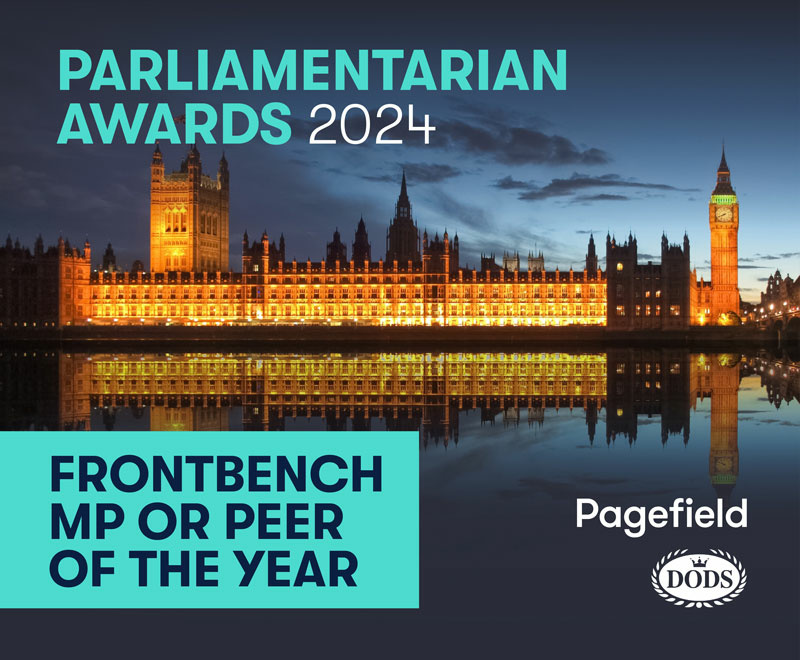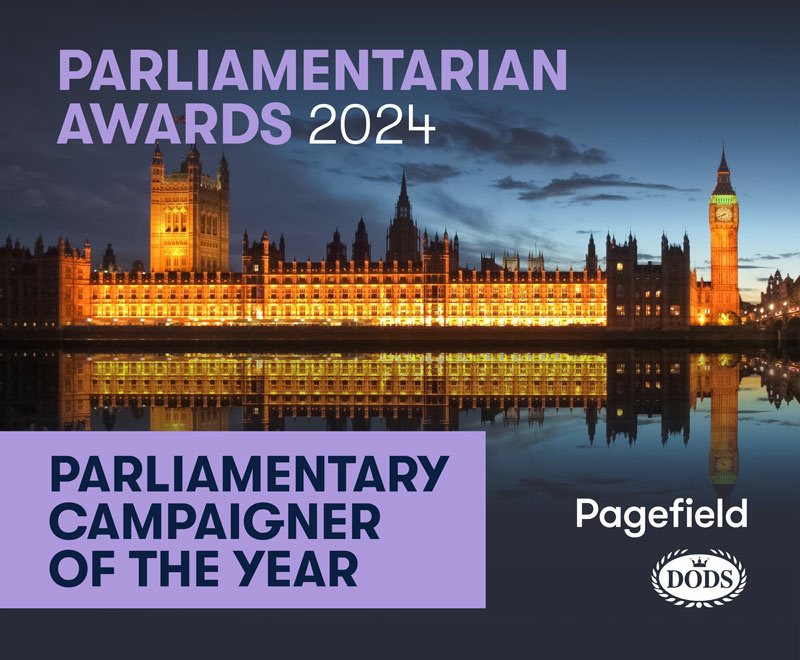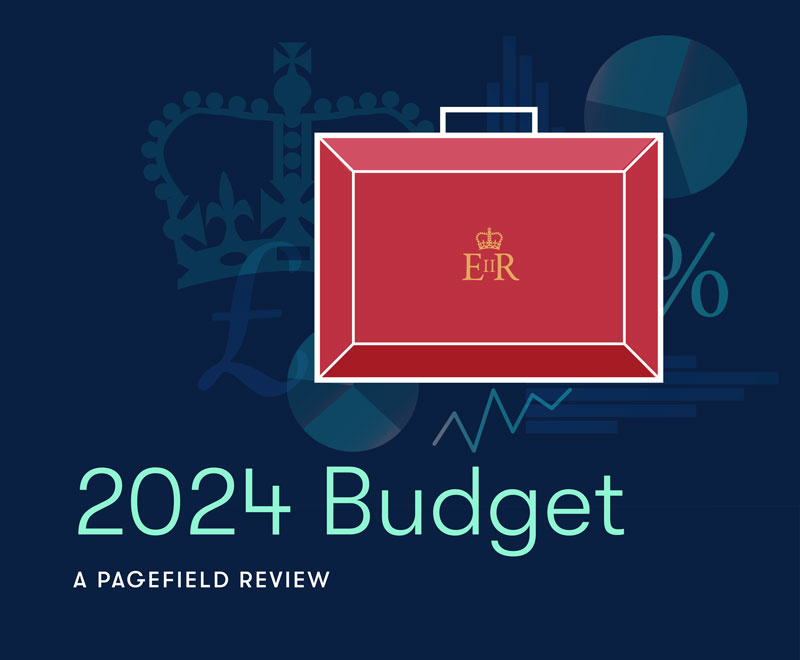Having backed Liz Truss from the beginning of the Conservative leadership contest, Simon Clarke’s appointment as Secretary of State for Levelling Up, Housing & Communities came as no surprise, and befitting a man standing at 6ft 7”, Clarke has a mammoth job ahead of him.
The 38-year-old is no stranger to his new brief, having briefly served in his new department as a Minister for Regional Growth and Local Government in 2020, and he is now taking over the role as Secretary of State with a burgeoning in-tray.
Now that party conference season is over, attention will turn to the long list of issues that need to be addressed. Here are the five major issues that we think Clarke will need to tackle as a priority.
Building Safety
Over five years on from the Grenfell Tower tragedy, the urgency of action from government has waned, remediation has slowed, and many leaseholders are still living in unsafe housing.
Boris Johnson’s government introduced a package of reforms aimed at protecting leaseholders from crippling remediation costs, with the aim of developers, manufacturers and those who signed off these buildings as safe, bearing the costs instead.
However, whilst there has been some progress, huge issues remain, particularly around where liability lies for addressing defective buildings, and ensuring that innocent leaseholders do not continue to find themselves on the hook for thousands of pounds’ worth of costs. With the Government not carrying out an impact assessment around this critical element of its Building Safety Act 2022, it remains an area which industry is waiting to be properly addressed.
Clarke must now find a way to build on his predecessor Michael Gove’s ambitious – if somewhat flawed approach – toward the crisis and push forward with an agenda that commits to fully protecting leaseholders and properly consulting with stakeholders to best implement its building safety legislation.
Above all, Clarke will need to make some big decisions about the government’s position on developers and manufacturers – will he double down Gove’s relatively aggressive approach towards those who built these buildings, or will developers feel more emboldened by a government that may become reliant on the sector as part of its growth plans?
The Rental Sector
The Rental Reform Bill, which is part of the Government’s White Paper, ‘A Fairer Private Rented Sector’, will be high on Clarke’s agenda. Its set to introduce a rental sector ombudsman, encourage pet ownership in rental properties, and remove Section 21 evictions.
Although the Bill is unlikely to be abandoned, Clarke may feel it should be shifted more in favour of landlords, by including action to tackle anti-social tenants and abolishing plans that would damage the student housing market.
In addition to the Bill, he will urgently need to address the rental housing supply crisis. Damaging tax hikes and uncertainty over reforms to the private rented sector are leading many landlords to leave the market when demand for rented homes remains high, which is increasing rents and making it more difficult for those wanting to become homeowners.
Clarke has already stated that he will announce a plan in the coming weeks to get more homes on the market and improve access to them. But with mortgage rates rising and the impact on buy-to-let mortgages pushing rents to record highs, Clarke is facing an uphill battle, which mortgage lenders predict will only worsen as interest rates continue to soar.
Net Zero
Unlike many of his new Cabinet colleagues, Clarke has been a firm supporter of the Government’s 2050 net zero target. With macroeconomic pressures worsening, implementing policies to improve the energy efficiency of housing stock will be critical in relieving households of the financial pressures they are currently experiencing.
With building stock currently making up a quarter of the UK’s greenhouse gas emissions, Clarke will have to move quickly to engage with industry professionals to understand what measures should be put in place and the changes the private sector will need to make to ensure net zero becomes a reality.
80% of buildings that will be standing in 2050 have already been built, meaning retrofitting existing properties with energy-efficient technology will be a priority, with modern methods of construction high on the agenda for new developments.
Beyond housing, Clarke will have to reckon with his own colleague’s ambitions to ban solar panels on agricultural land, which has the potential to significantly thwart the UK’s net zero and levelling up ambitions. As a longstanding supporter of net zero, there is little doubt this is a battle Clarke will be unwilling to lose.
Levelling up
In the short time he was Secretary of State, Michael Gove began to develop the idea of levelling up from a vague yet widely quoted concept to a serious government policy which resulted in the ‘Levelling Up White Paper’ at the beginning of the year.
While a tumultuous change of Government warranted concerns that this flagship policy could be dropped, Clarke was keen to emphasise at the Conservative Party Conference that levelling up remains a “core proposition” for the Department.
Although it remains to be seen whether the Levelling Up and Regeneration Bill will be carried over by the Truss administration, Clarke will be eager to build on Gove’s vision through increasing mayoral powers and creating investment zones that can boost growth on local people’s terms.
As a Teesside MP, Clarke no doubt appreciates the political impetus of implementing the levelling up agenda. Indeed, with Labour surging ahead in the polls, Conservative MPs representing Red Wall constituencies are increasingly nervous about the chances of retaining their seat at the next general election. There is no doubt that Clarke will want to deliver some quick wins for these MPs to shore up support in traditional Labour heartlands, whilst also bringing the business community onside to help substantiate the Government’s growth agenda.
Planning reform
As the Minister for Regional Growth and Local Government back in 2020, Clarke was one of the few MPs to publicly support the proposed planning reforms and will look to support economic growth through increased house building. Although he is unlikely to mirror his department’s former Secretary of State Robert Jenrick’s proposals due to concerns about the green belt in safe seats, Clarke will be under pressure to rethink the current planning system.
Indeed, the new Prime Minister has been vocal in her support for fracking in the UK, so Clarke will come under increasing pressure to unlock the planning regime for multiple forms of energy sources, whether that be nuclear, onshore wind or indeed fracking. Given recent reports highlighting the potential for the Government to ban of solar panels on agricultural land, this will be one of the key fights that Clarke must win to establish his authority early on.
Here at Pagefield, we are working with a number of clients across the property and infrastructure sectors. If you would like to speak to us about how we can help you, please contact us via hello@pagefield.co.uk.




